Africa’s creative industry is undergoing a digital transformation that is redefining how artists, entrepreneurs, and filmmakers reach audiences. For creatives, digital platforms have become the global stage, offering visibility, investor confidence, and access to markets once out of reach.
At Moonshot by TechCabal on Thursday, industry experts Claude Grunitzky, CEO of Equity Alliance and founder of TRACE TV, and Jide Martin, CEO of Comic Republic, explored how digital platforms reshape Africa’s creative economy for global visibility and reach. They emphasised the need for African-owned technology, stronger intellectual property (IP) ownership, and local infrastructure to help rewrite the future of creative work on the continent.
Grunitzky attributed Africa’s creative surge to what he called “three powerful change forces” transforming the continent’s digital landscape: smartphone adoption, diaspora investment, and the rise of homegrown innovation.
“The African diaspora is investing not just remittances, but money in the digital and innovation economy in Africa,” he said. “There have also been tools that allow digital creators and young entrepreneurs to create solutions made in Africa, tailored for African experiences.”
He noted that while global platforms such as YouTube, Spotify, and TikTok have amplified African creativity, they have also deepened the continent’s dependence on systems built elsewhere.
“We are not actually creating platforms for our own consumption. We need platforms for African music, African film, African fashion, and then maybe in the future, we can aggregate those platforms and turn them into a one-stop shop for African creativity that can be consumed not just in Africa but around the world,” Grunitzky added.
Martin agreed that technology has fundamentally changed how African creators reach audiences, but he warned that most platforms remain structurally foreign.
“Global platforms have made visibility effortless. But we are playing in a field where others have built infrastructure way before we started, and the problem with those platforms is they are not designed for us,” he said.
He, however, called for a dual strategy by building African-owned platforms while integrating with established global ones for scale and technical expertise. He noted that Africa’s creative sector must anchor itself in ownership and value creation to compete globally.
“We should build our own platforms that understand us, suit our taste and flair, while simultaneously plugging into international platforms. That way, we own our content and still reach a global audience,” Martin expressed.

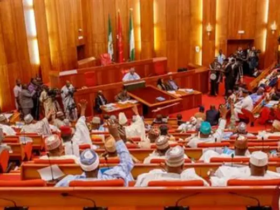

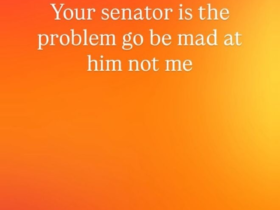
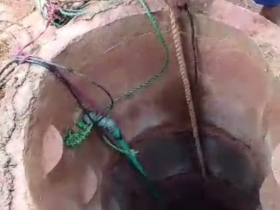
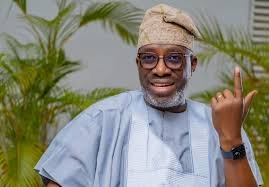
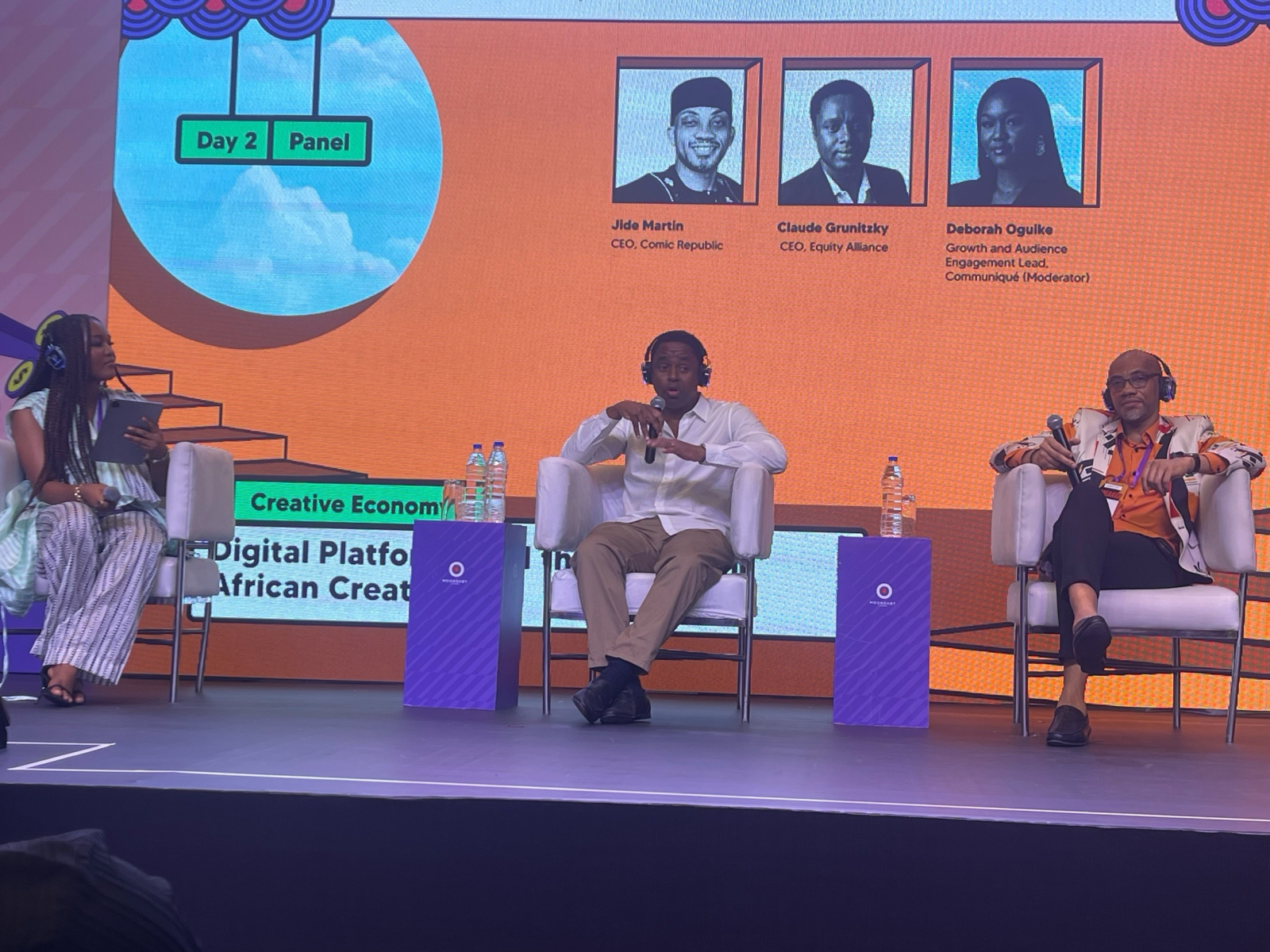
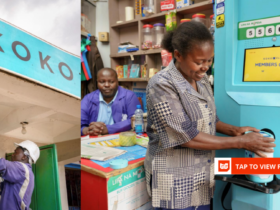





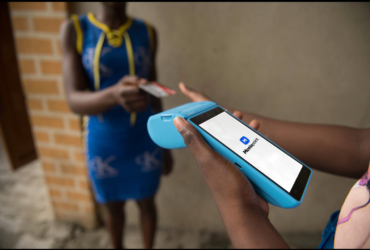
Leave a Reply